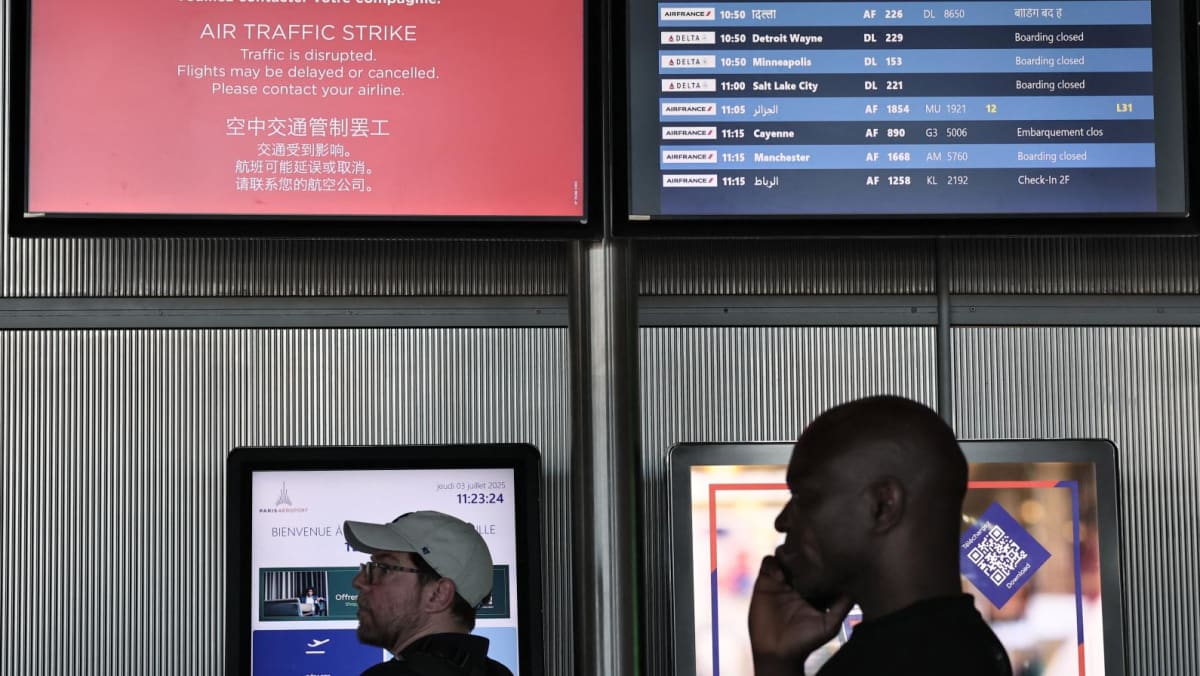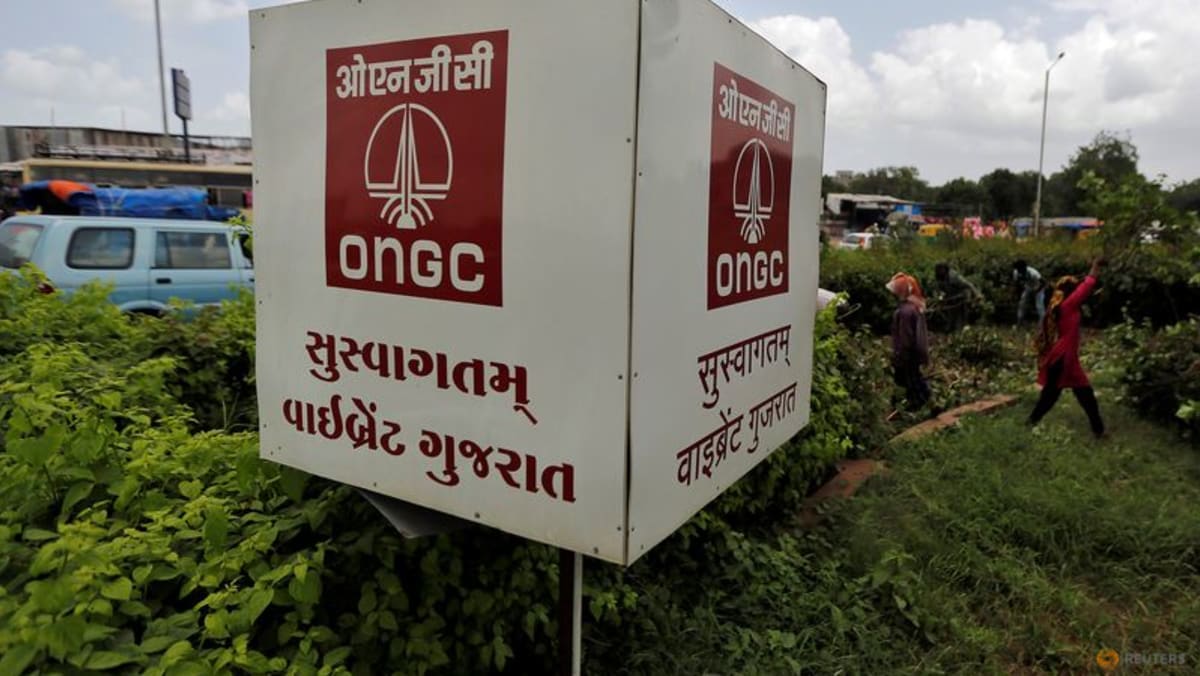But AMI has also co-produced several films such as The Beast in 2023 by Bertrand Bonello, starring French actress Lea Seydoux, or Enzo by Robin Campillo which will premiere in Cannes this year.
Fashion and cinema are “in a way, the same job. I also tell stories through clothing. A runway show has a context, music, and this idea of spectacle – it’s a narrative process too,” added the 44-year-old.
But Mattiussi stressed he doesn’t “consider myself a film producer. That would be pretentious.”
“I don’t get involved in the scripts or creative decisions,” he said.
His label contributed to costumes for The Beast, much like Jonathan Anderson – newly appointed creative director of Dior Homme and formerly at Loewe – did for Luca Guadagnino’s 2024 movie Queer.
For years, Anderson’s runway shows have also served as gathering spots for cinema stars, from Timothee Chalamet to Tilda Swinton.
Other fashion houses are expanding their presence in the film industry with Saint Laurent running a division devoted entirely to cinema, called Saint Laurent Productions.
Run by current artistic director Anthony Vaccarello, the division aims to co-produce two to three films per year.
It has already backed works by Paolo Sorrentino (Parthenope), David Cronenberg (The Shrouds), and Jacques Audiard’s 2024 smash hit musical Emilia Perez.
Kering, the owner of Gucci, Saint Laurent and Balenciaga among others, is also the sponsor of a major Cannes prize – Women in Motion – which recognises figures who “advance the place of women in cinema and in society”.














